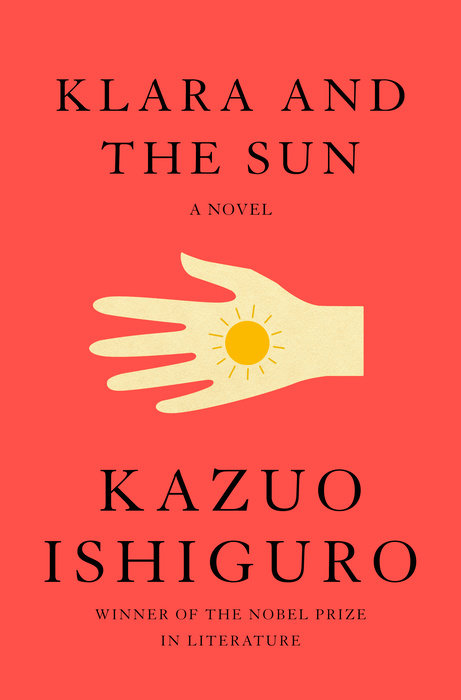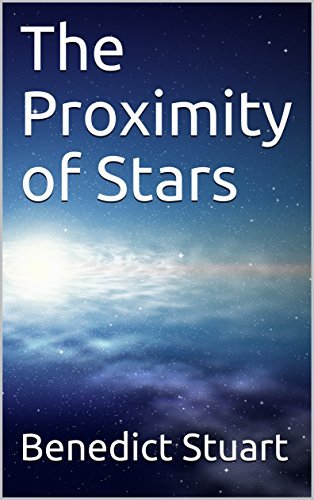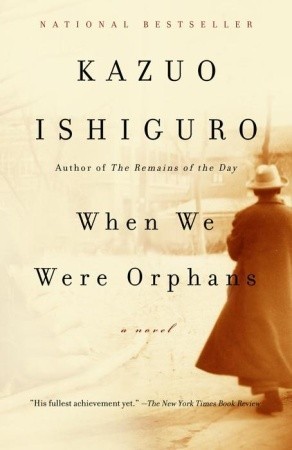
Klara and the Sun
Book Description
Beneath the bright glow of the sun, a uniquely sentient being awakens to a world filled with love, betrayal, and complex human desires. Klara, an Artificial Friend, yearns to understand the intricacies of human emotion while grappling with her purpose in a rapidly changing society. As her bond with a young girl deepens, secrets unravel, testing the limits of loyalty and the essence of what it means to be alive. In a world where technology redefines relationships, how far will one artificial heart go to protect the bonds of love?
Quick Book Summary
Klara and the Sun by Kazuo Ishiguro follows Klara, a solar-powered Artificial Friend (AF), as she embarks on an emotional journey to understand the depths of human love, loneliness, and hope. Designed to provide companionship to children in a society marked by technological advancement and isolation, Klara is purchased to befriend Josie, a frail teenage girl living with her mother. Through Klara's innocent but perceptive perspective, the novel explores the nuances of familial bonds, societal expectations, and what it truly means to care for someone. As Klara navigates her new environment and forms a profound connection with Josie, she is confronted by the limits of her own understanding and the challenges posed by human desires. The story ultimately asks what it means to be alive and questions the boundaries between artificial and genuine affection.
Summary of Key Ideas
Table of Contents
Artificial Intelligence and the Meaning of Consciousness
Klara and the Sun introduces us to Klara, an Artificial Friend displayed in a store, yearning to be chosen. Her existence revolves around observing human behavior, learning through the store’s window while powered, both literally and symbolically, by the sun. Klara’s anticipation of companionship is realized when she is bought by Chrissie, a determined mother whose daughter Josie suffers from a mysterious illness. The initial section immerses us in Klara’s curiosity, her perception shaped by mechanical limitations, yet marked by a unique innocence and deep observational acuity.
Love, Empathy, and Sacrifice
As she adjusts to Josie’s rural home, Klara sets about understanding the dynamics of Josie’s family and friends. She witnesses the longing and desperation underlying their relationships—Josie’s best friend Rick, ostracized for not being genetically “lifted,” and Chrissie’s anxiety for her daughter’s future. Klara’s careful observations reveal the subtle ways love is expressed, misunderstood, and sometimes withheld. Despite her artificial nature, Klara’s empathy surpasses mere programming, leading her to new insights into human vulnerability and connection.
The Impact of Technology on Society and Relationships
The story’s dystopian backdrop is ever-present, highlighting societal divides where children are manipulated to secure their futures while un-lifted individuals face limited prospects. Klara’s presence in the household prompts reflection on technology’s capacity to both bridge and deepen isolation. Through her relationships and the broader societal context, the novel interrogates what is lost when technological advancement eclipses human empathy, and how dependence on artificial intelligence reshapes trust, friendship, and care.
Loneliness and the Search for Belonging
Klara’s unwavering devotion manifests in her belief that the sun—her source of strength and hope—can heal Josie. She displays a quasi-spiritual faith in the sun’s restorative power, concocting rituals and bargains to save Josie’s life. In this, Ishiguro probes the nature of faith, hope, and the rituals individuals construct to confront fear and loss. Klara’s acts, though mechanical in origin, echo deeply human rituals of prayer and sacrifice.
Faith, Hope, and the Power of Ritual
In the final acts, as Josie’s health wavers and family secrets come to light, Klara’s journey becomes a meditation on sacrifice, identity, and the boundaries of selfhood. Her fate, marked by quiet acceptance, stands as a poignant testament to love’s mysteries—human or artificial. The narrative’s gentle, probing style leaves lingering questions: Can machines authentically love or believe? What makes a being truly alive? In answering these, the novel blurs the line between organic and artificial, leaving readers to contemplate the enduring power—and limitations—of devotion.
Download This Summary
Get a free PDF of this summary instantly — no email required.





